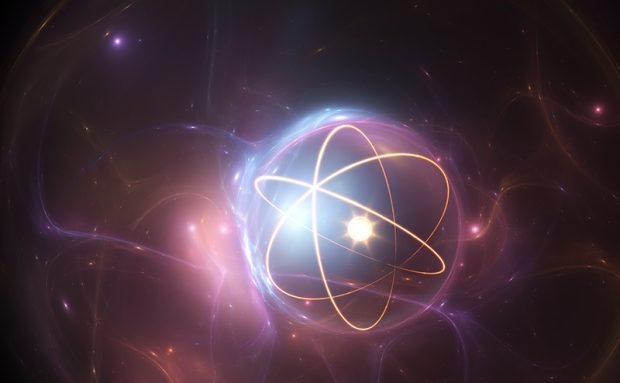
IISc researchers show chemically-modified nanosheets are effective for biomedical applications
PTI, Mar 4, 2023, 11:47 AM IST

Representative image (Source: Shutterstock)
Bengaluru: Researchers from Indian Institute of Science (IISc) have shown that surface modifications of two-dimensional molybdenum disulphide (2D-MoS2) nanosheets can make them highly effective for applications like delivering drugs to diseased cells.
Nanomaterials usually need to be modified or customised depending on the application to improve their efficiency.
Typically, they are chemically modified through a process called functionalisation, which involves attaching ligands (small or large molecules) to the surface of the nanomaterial.
In a new study, the researchers from the Department of Organic Chemistry (OC) and Materials Research Centre (MRC), IISc, modified the surface of 2D-MoS2 nanosheets with thiol (sulphur-containing) ligands.
They found that these thiols can be exchanged with naturally-occurring thiols in biological systems, which could allow drugs attached to these nanosheets to be released. These chemically-modified nanosheets were also found to be safe to use inside living cells.
”Our study shows that thiol exchange on 2D-MoS2 nanosheets is effective, and the nanomaterial is stable in the presence of various biomolecules. This is an important observation as it will make this nanomaterial highly beneficial for biomedical applications like drug delivery,” explained Mrinmoy De, Associate Professor at the Department of Organic Chemistry and senior author of the study published in scientific journal ‘ACS Nano’.
The team first used a fluorescent thiol called boron-dipyrromethene (BOD-SH) to modify the surface of the 2D-MoS2 nanosheets in order to create a functionalised version (BOD-MoS2), an IISc statement said.
Then, they tested the possibility of thiol-to-thiol exchange on BOD-MoS2 using glutathione (GSH) – a naturally occurring thiol found in abundance in cancer cells.
They found that GSH molecules swapped places with BOD-SH on the surface of the nanosheet – a process that they confirmed using fluorescence techniques.
When the researchers attached an anti-cancer drug named doxorubicin (DOX) to the nanosheet surface, they found that thiol exchange could also happen between GSH and DOX, allowing DOX to get dropped off at the diseased site.
”Because the exchange happens only in the presence of high concentrations of GSH found in diseased cells, drugs like DOX can be delivered specifically to cancer cells without affecting normal cells, which can also potentially reduce any side effects,” the statement said. Previous efforts have focused on using gold nanoparticles for such biomedical applications, according to the researchers, but these nanoparticles are expensive and have limited efficiency due to their non-selectivity between mono thiols and disulphides.
”Our experiments show that 2D-MoS2 nanosheets can be an effective substitute for gold nanoparticles, and they will be greatly beneficial in the field of nanomedicine,” said Pradipta Behera, a postdoctoral research scholar at IISc and the first author of the study.
The MoS2 nanosheets were found to be stable in the presence of biofluids, IISc said. They also have a higher surface area than gold nanoparticles, which means that they can be more efficient.
Moving forward, the team plans to work on improving the stability of the nanomaterial in the presence of various thiol-containing liquids and exploring alternative surface modification approaches to customise the nanosheets for other applications.
”This work on 2D-MoS2 nanosheets can be developed in the future as an alternative to RNA and DNA delivery applications, which can be useful for detecting and treating infections such as COVID-19,” added Behera.
Udayavani is now on Telegram. Click here to join our channel and stay updated with the latest news.
Top News

Related Articles More

Scientists say India’s ‘Deep Sea Mission’ on track; hydrothermal vent discovery just the beginning

ISRO to launch SpaDeX Mission on Dec 30

ISRO to study how crops grow in space on PSLV-C60 mission

ISRO & ESA agree to cooperate on astronaut training, mission implementation

Snatcher lands in police net in Delhi, AI tech helps reveal identity
MUST WATCH
Latest Additions

Karsaragod: Five leopards spotted in Muliyar

Udupi: Former cricketer V.V.S. Laxman visits Sri Krishna Matha
How Manmohan Singh defended the landmark 1991 Union Budget

Manmohan Singh made strategic corrections to India’s foreign policy: Jaishankar

Boxing Day Test: Australia reach 454/7 at lunch on day two
Thanks for visiting Udayavani
You seem to have an Ad Blocker on.
To continue reading, please turn it off or whitelist Udayavani.




















